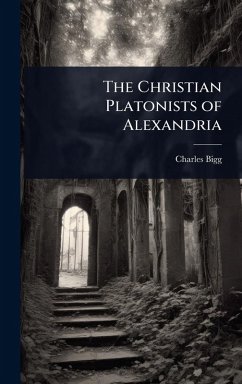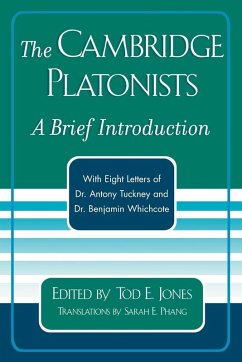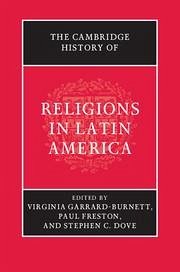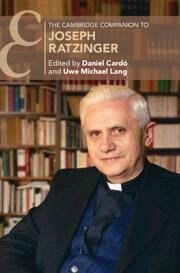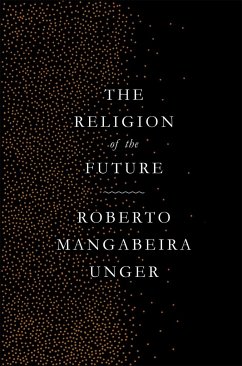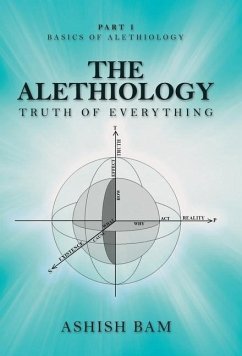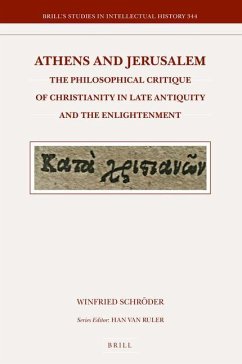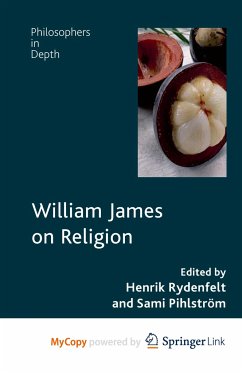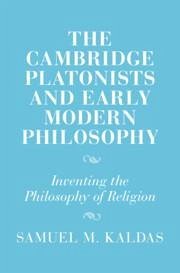
The Cambridge Platonists and Early Modern Philosophy
Versandkostenfrei!
Versandfertig in über 4 Wochen
99,99 €
inkl. MwSt.
Weitere Ausgaben:

PAYBACK Punkte
50 °P sammeln!
"The seventeenth-century philosophers known as the Cambridge Platonists were recognised in their time as some of England's most influential and controversial philosophers. In this study, Samuel M. Kaldas explores the intellectual contributions of the group, which serve as the foundation for the modern field of philosophy of religion"--





